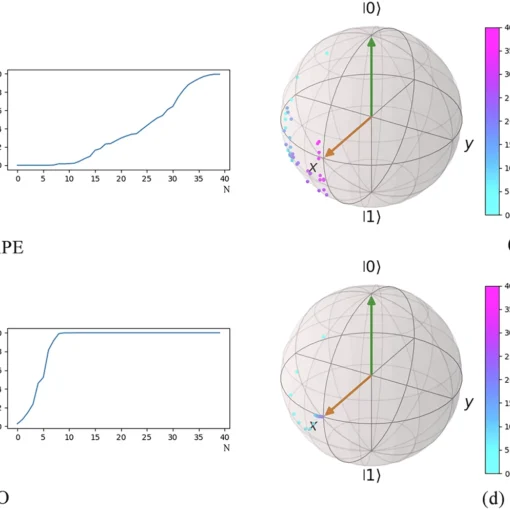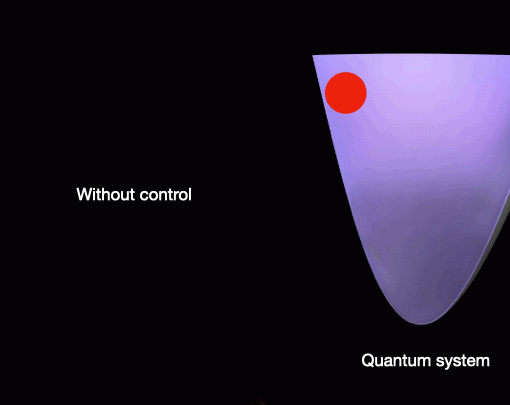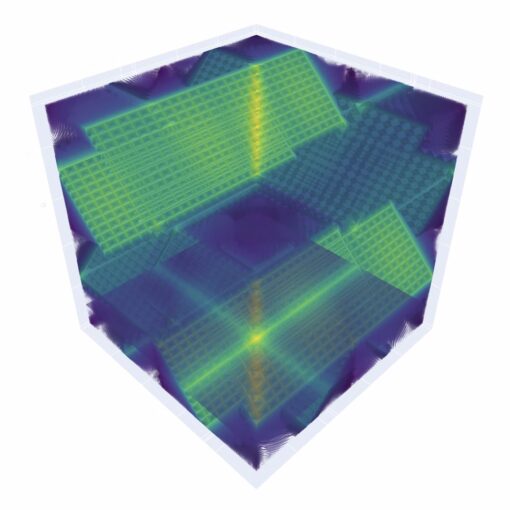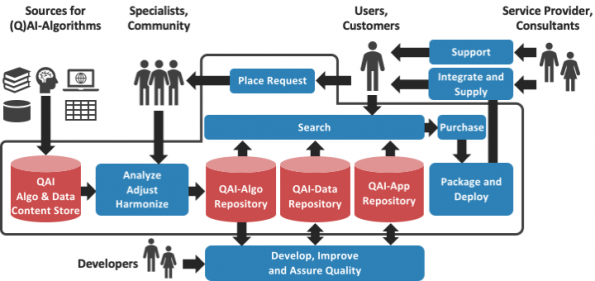
Meta-learning assisted robust control of universal quantum gates with uncertainties
Researchers have developed metaQctrl, a two-layer meta-reinforcement learning algorithm that significantly outperforms conventional methods in achieving high-fidelity quantum gates with fewer control pulses under uncertain conditions, potentially advancing practical quantum computing by maintaining 99.99% fidelity where traditional approaches fail.



